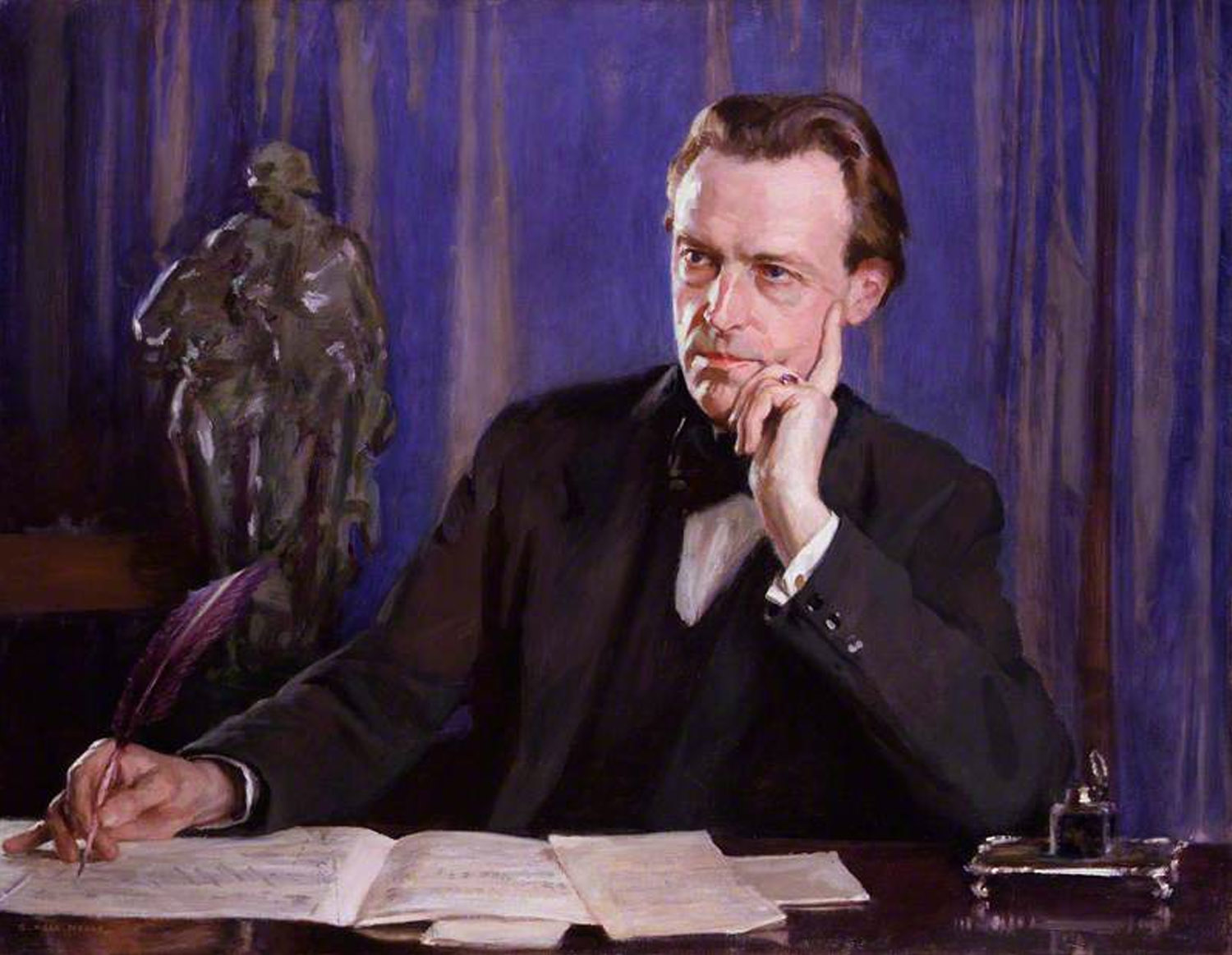Cyril Scott (1879–1970) was a British composer and pianist known for his contributions to the early 20th-century music scene. Born on September 27, 1879, in Oxton, England, Scott displayed musical talent from a young age. His early education in music was informal, and he began composing at the age of 12.
Scott’s musical journey took a significant turn when he studied at the Hoch Conservatory in Frankfurt, Germany, under the guidance of the renowned pianist and composer Iwan Knorr. This period marked the beginning of Scott’s exploration of innovative musical ideas and his exposure to the broader European musical traditions.
Returning to England, Cyril Scott became associated with the literary and artistic movements of the time, such as the Symbolist and Theosophical movements. These influences played a crucial role in shaping the mystical and ethereal elements present in much of Scott’s music. He was not only a composer but also a prolific writer, penning essays on music, poetry, and philosophy.
One of Cyril Scott’s notable contributions to the musical world was his interest in Eastern philosophy and mysticism, which found expression in many of his compositions. He was among the first Western composers to incorporate elements of Indian classical music into his works, a reflection of his fascination with Eastern spiritualism.
Scott’s music is characterized by its harmonic adventurousness, intricate textures, and a distinctive blend of impressionism and post-romanticism. His output includes symphonies, piano concertos, chamber music, choral works, and an extensive collection of solo piano pieces. Notable compositions include “Lotus Land” for piano and “Piano Concerto No. 1.”
Despite facing challenges and criticisms during his lifetime, Cyril Scott’s influence on the musical landscape endured. His work laid the groundwork for later composers who embraced a fusion of Western and Eastern musical traditions. Today, Cyril Scott is remembered as a unique and forward-thinking figure in the history of British music, leaving behind a legacy that continues to inspire musicians and listeners alike.


Comments are closed